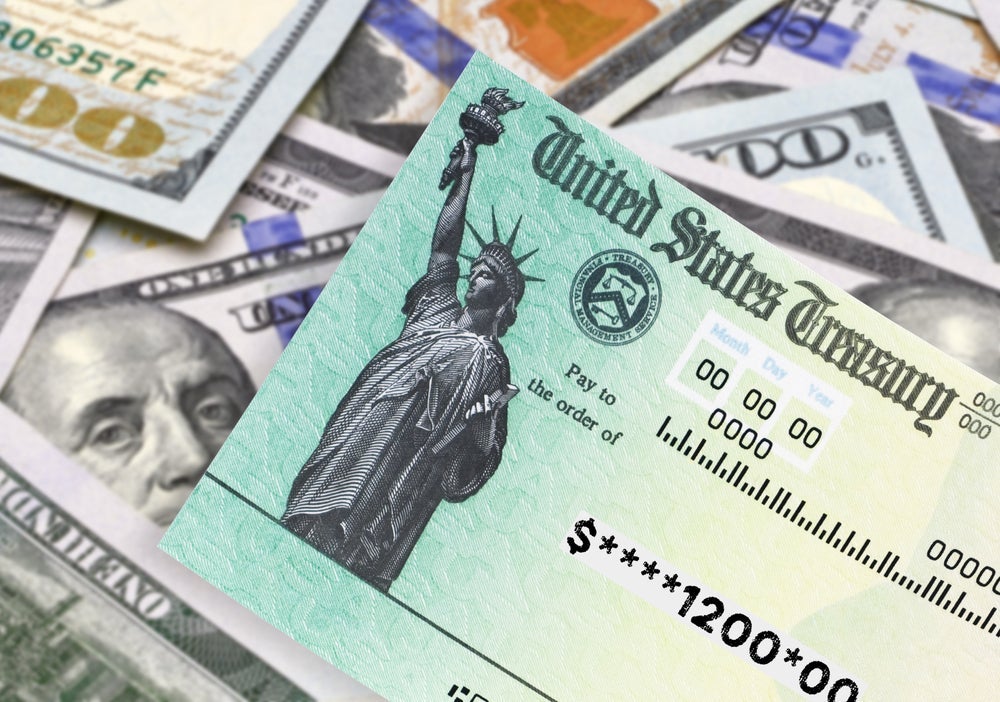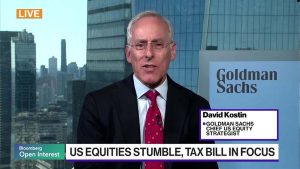
Mortgage rates have jumped to their highest level in three months as U.S. Treasury yields, driven by rising deficits and fiscal policy fears, push the 30-year benchmark above the critical 5% mark.
According to the latest Mortgage Bankers Association report, mortgage application volumes in the U.S. dropped 5.1% for the week ending May 16, the steepest decline in a month.
The drop coincided with the 30-year fixed mortgage rate jumping 6 basis points to 6.92%, marking its highest level in three months.
The rise in borrowing costs tracked Treasury yields higher “with investors concerned about rising inflation and the impact of increasing deficits and debt”, said Mike Fratantoni, MBA’s chief economist.
See Also: US Stocks Likely To Open Lower, Expert Says ‘Tariffs Remain A Headwind’
Why Are Treasury Yields Rising?
Yields on the 30-year Treasury bond soared to 5.02% on Wednesday, up by over 10 basis points from a week ago.
A recent downgrade by Moody’s of U.S. sovereign debt after market close last Friday has added to the pressure, shaking investor confidence and pushing yields higher.
Bondholders are pricing in higher risk premiums as the federal government accelerates deficit spending without clear offsetting revenue measures.
A new tax-and-spending bill backed by President Donald Trump and Republicans is adding fuel to bond market fears. According to the Tax Foundation, the legislation would reduce federal revenues by an estimated $4.1 trillion from 2025 to 2034.
With public debt nearing 100% of gross domestic product and the Congressional Budget Office projecting a 117% debt-to-GDP ratio by 2035, bond investors are beginning to push back, demanding higher compensation for holding U.S. Treasuries.
The iShares 20+ Year Treasury Bond ETF TLT is down 0.9% during Wednesday premarket trading in New York.
The world’s biggest bond fund has lost 9% since Trump won the elections in November 2024.
Ed Yardeni Sounds The Alarm On Deficit Risks
Veteran market strategist Ed Yardeni, founder of Yardeni Research, sounded the alarm over the soaring U.S. budget deficit.
“Budget deficits matter. That’s especially so when they lead to higher interest rates, higher bond yields, and potentially higher inflation,” Yardeni said in a note Wednesday.
Yardeni highlighted that the bond market is reacting not just to headline deficits, but to the structure of the Trump’s fiscal plan.
“Trump 2.0’s tax and spending bill—now moving swiftly through Congress—packs a fiscal punch,” he added.
While the bill includes new deductions and credits for lower-income families, the largest benefits accrue to middle-class households via broader standard deductions and lower tax rates. High-income earners see a mixed outcome, with gains offset by reduced exemptions.
Yet Yardeni said every household could feel the pinch if the tax bill drives up fiscal stress, interest rates and borrowing costs.
Now Read:
Image: Shutterstock
